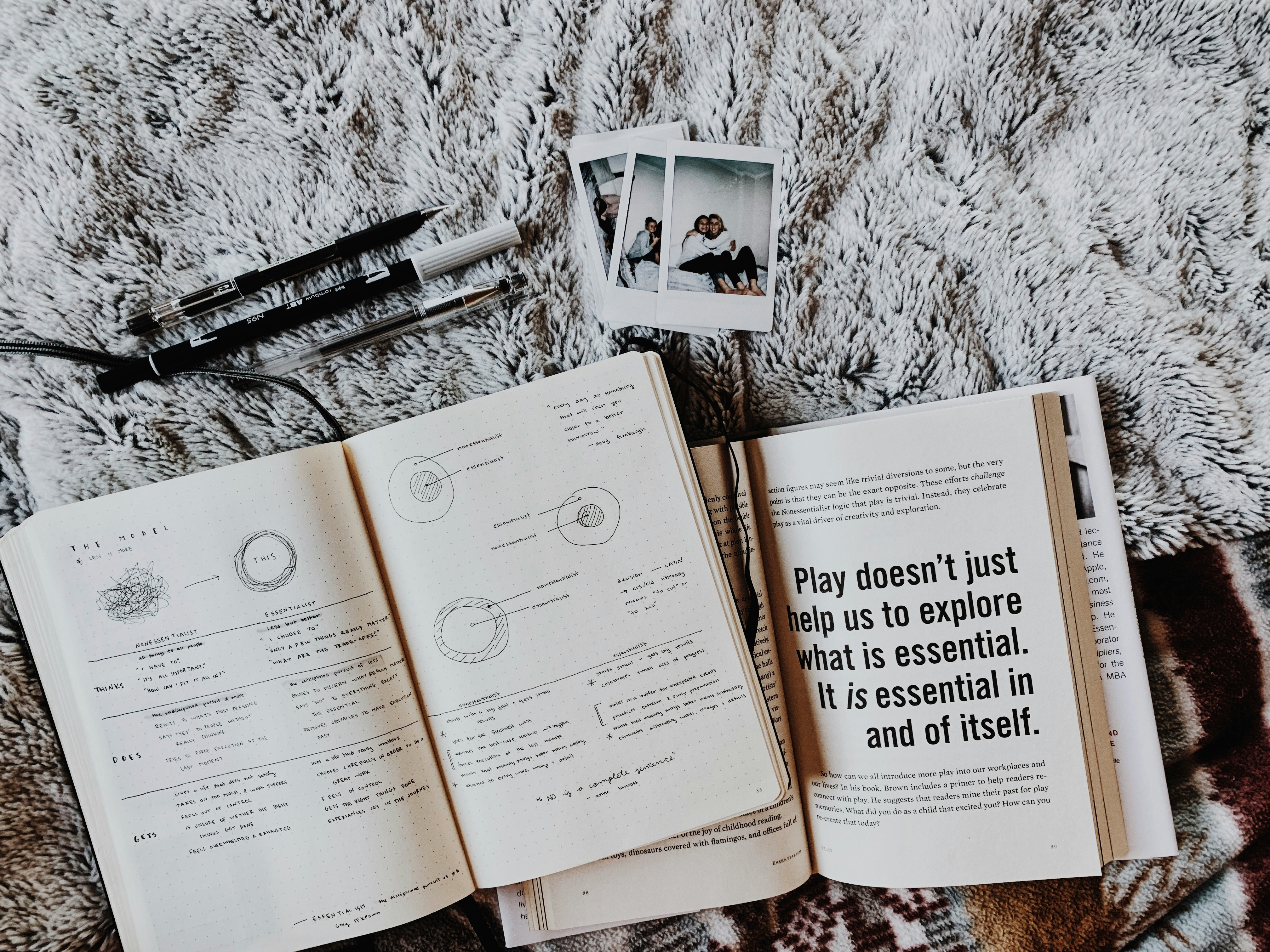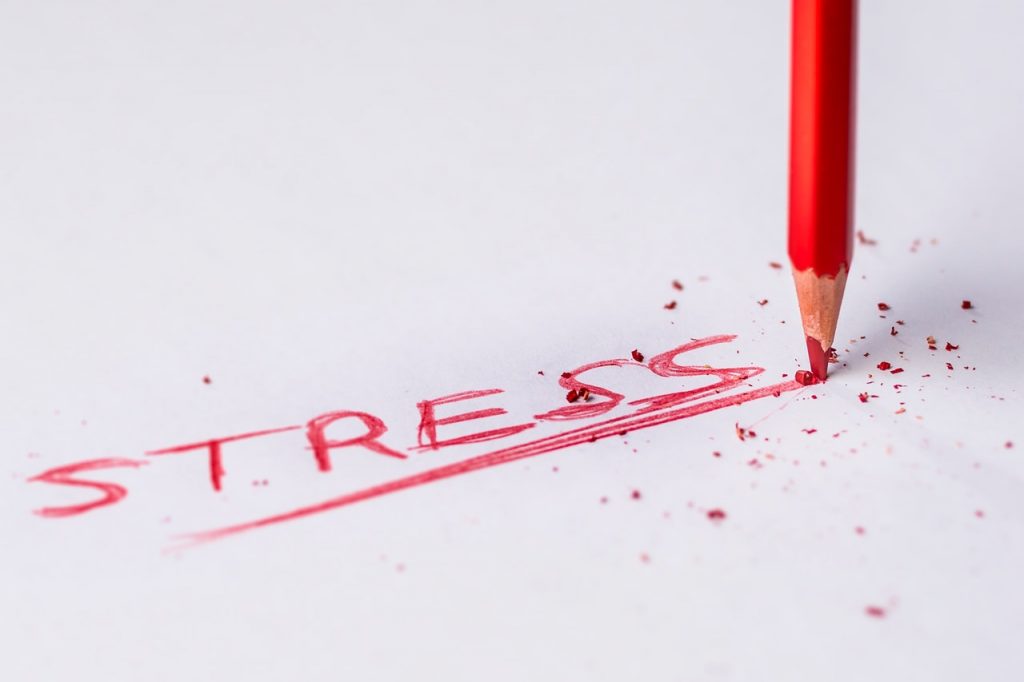Experts often define stress as what happens when the demands placed on your mind and body have exceeded your ability to cope. Occasional stress and anxiety are normal parts of life, but that doesn’t make it any less unpleasant to deal with when you’re feeling overwhelmed.
While therapy and medication can help, there are other ways to reduce your stress and improve your mental health. Here are seven simple things you can do to put your mind at ease.
1. Protect your health

One of the most common stressors for most people is their health and fitness. There are a lot of components to this, but there’s no substitute for being proactive and thorough in how you approach your medical care.
Health insurance, if you don’t already have it, can give you some peace of mind in case of an emergency. You can search for health insurance with iSelect easily without leaving your home. Beyond just insuring yourself, you should also be conscientious about maintaining a healthy lifestyle.
2. Develop new hobbies
Try to move outside of your comfort zone and go for something you’ve never tried before. Do you live near the ocean? Try some bodyboarding lessons! Are there mountains or parks near you? Hiking can be a great way to take a break and ease your mind. There are thousands of different activities you’ve never experienced out there just waiting for you to try them. You can learn a lot about yourself and potentially discover a new skill or talent you didn’t even know you had.
3. Consider therapy

Talking to someone about how you’re feeling is one of the best ways to get through a tough situation, but sometimes it can be best to turn to a professional. If your stress and anxiety are ongoing and are starting to impede your quality of life, it might be time to seek some extra help.
4. Eat well, sleep well
It’s not just the quantity of your sleep, it’s the quality of your sleep, doctors say. Turning off your screens an hour or so before you plan to sleep, creating a bedtime routine, and ensuring that you have a comfortable place to rest can all help if you have difficulty sleeping. Over the counter supplements like melatonin can also help. If you’re having persistent trouble sleeping that is interfering with your ability to complete daily tasks, call a doctor to see if a sleeping medication might be right for you.
5. Track your stress

Write down what it is that’s upsetting you when you’re on edge. Figuring out what topics and situations tend to set you off makes managing your anxiety much simpler. There are apps like Mindshift that can help with this, or you can do it the old-fashioned way and write in a journal. Either way, it’s important to monitor what your triggers are so you can learn to avoid them or cope with them.
6. Set limits for yourself
You can say no to things that you don’t feel capable of doing. If someone invites you out and you don’t feel up to it, you don’t have to feel anxious or guilty saying no. If you have a lot of projects on your plate, sit down and decide what has to be done right away, and what can go on the backburner for now. Don’t accept more commitments than you can handle out of obligation. It’s okay to make sure that you’re only taking on what you’re able to complete.
7. Take a break
Even if it’s just tuning out by watching Netflix for a few hours, sometimes you just need a mental break. Making sure you do at least one thing every day that’s purely for your own enjoyment is important. In our hyper-productive world, sometimes you can make yourself feel bad for needing time off for a while, but you’ll be a better worker and more relaxed person if you engage in self-care before you hit the point of your stress overwhelming you completely.
Managing anxiety and stress is difficult in any situation, it’s hard to control your own thoughts completely. Still, there are plenty of resources out there available to all of us to help reduce the amount of unease in all of our lives. Whether it’s seeking new activities to take part in, carefully monitoring your stressors, or just getting more serious about your health, there’s a lot you can do to help improve your mental health. If your stress and anxiety become debilitating and impede your ability to function, don’t feel shame about reaching out to a medical professional. A combination of lifestyle changes and professional help should assist anyone in getting back on track.



